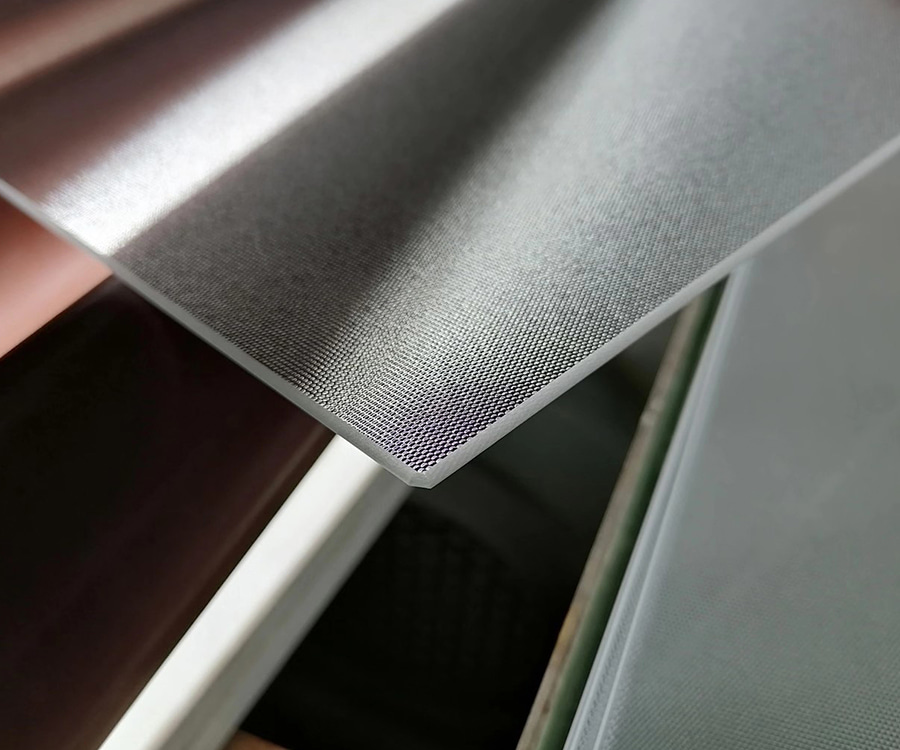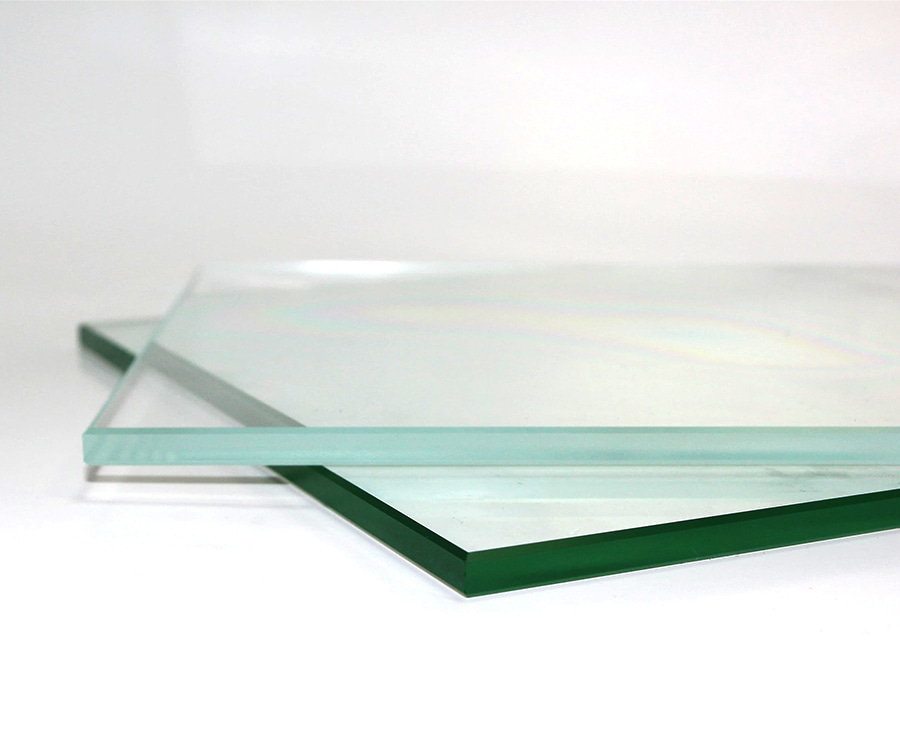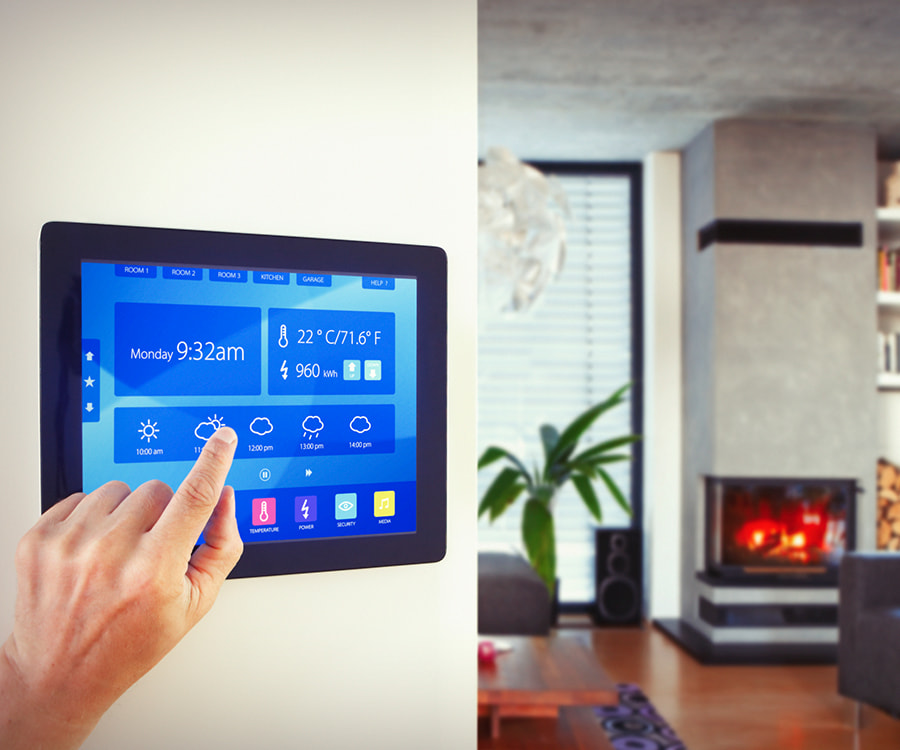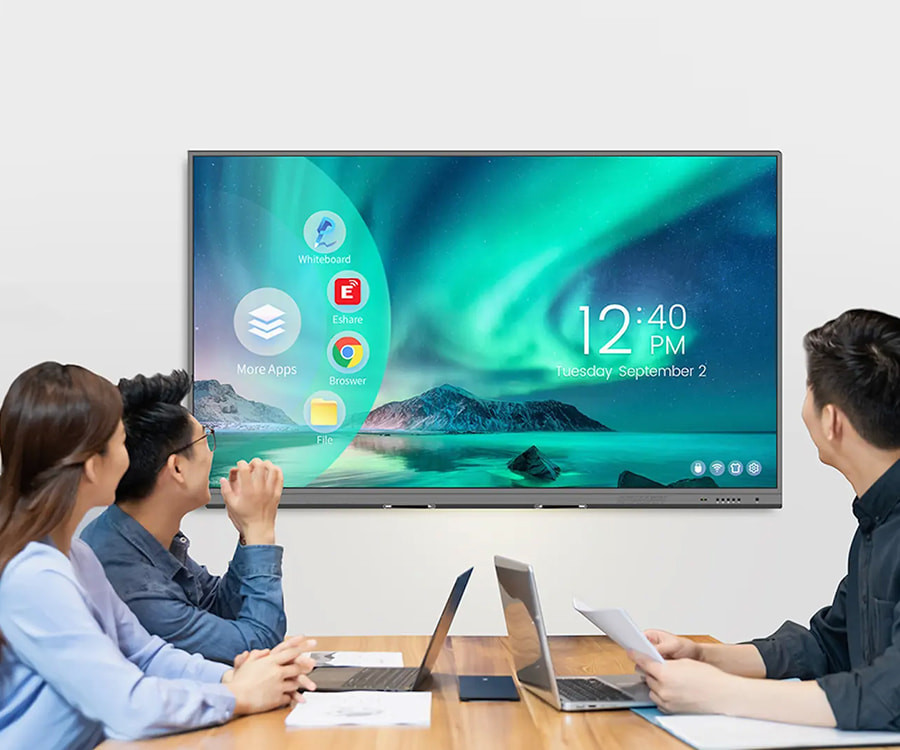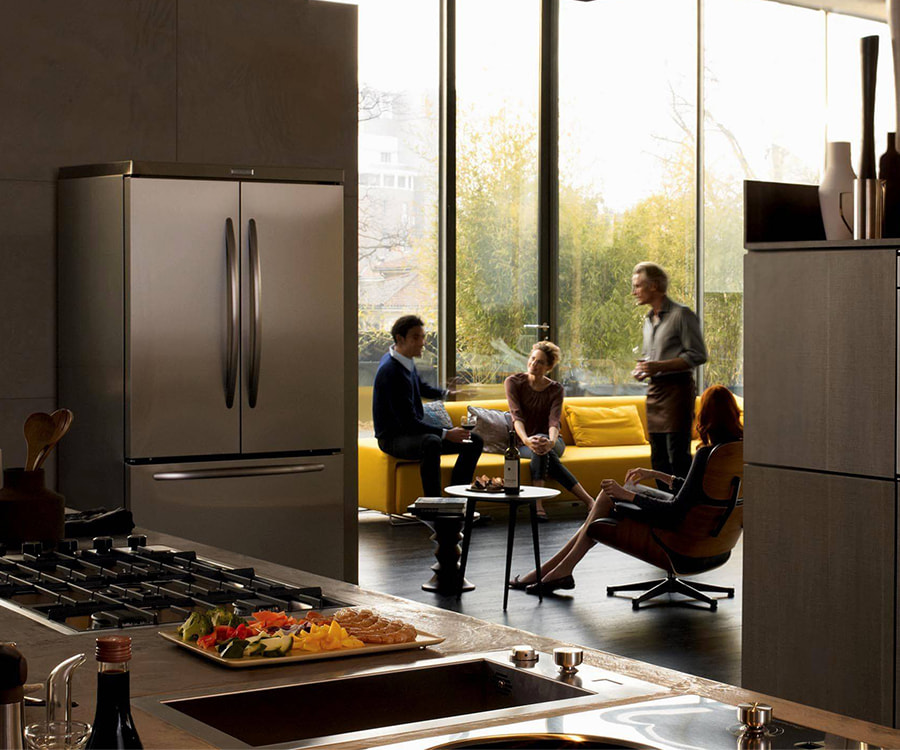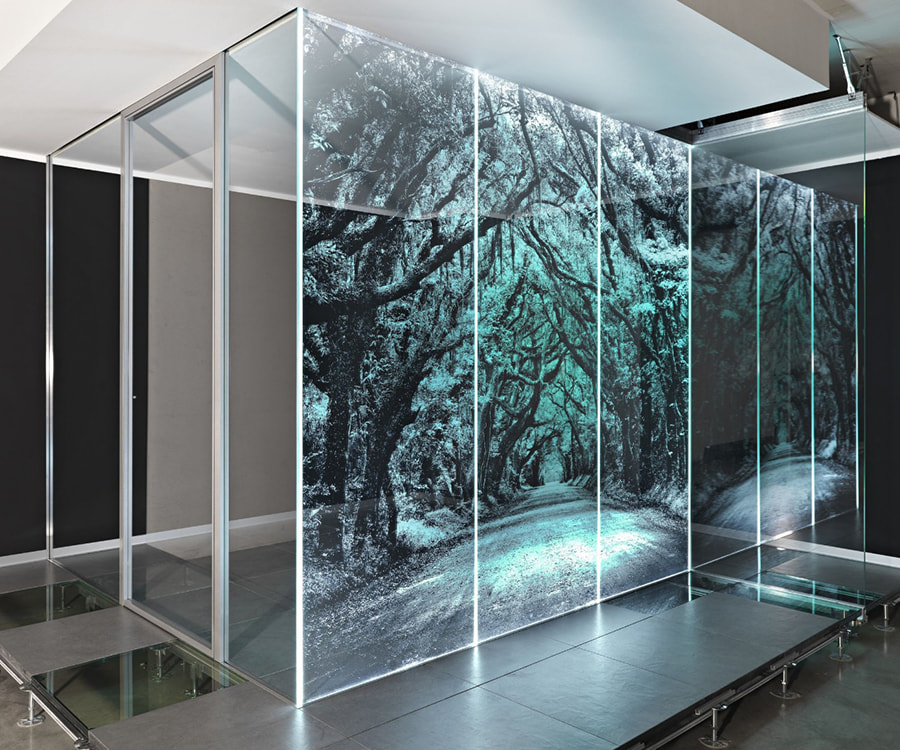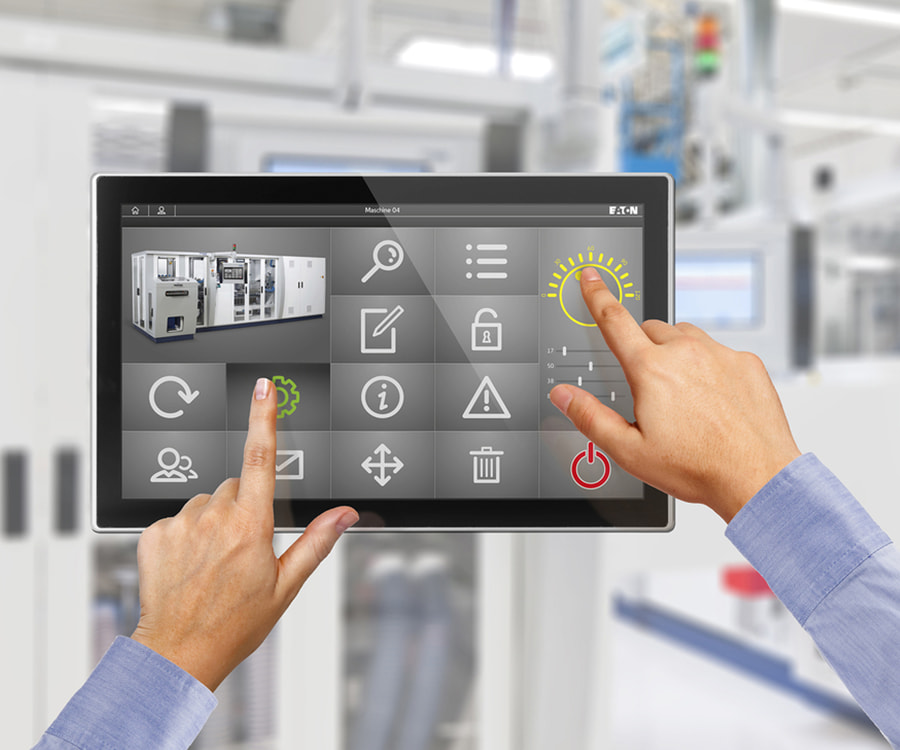Appliance Decorative Panel Glass is tempered or polished at high temperature, and the surface structure is very dense with almost no pores. This feature makes it difficult for dirt such as oil stains, water stains, and dust to penetrate into the material, and can be removed with a simple wipe. In contrast, plastic panels or metal panels may have tiny scratches or surface pores, and stains can easily penetrate after long-term use, making cleaning difficult or even leaving stubborn stains.
Many Appliance Decorative Panel Glasses use coating or nano-coating processes to make them oleophobic and hydrophobic. This means that oil stains, fingerprints, etc. are difficult to adhere to the glass surface, and daily cleaning can be restored to brightness with a light wipe with a damp cloth. Plastic panels are easy to absorb grease, and stainless steel panels are easy to leave fingerprints. Cleaning often requires more detergents and hard wiping, which increases the difficulty of maintenance.
Glass has good tolerance to most household detergents and will not corrode, fade, or cause surface damage due to frequent cleaning. In contrast, metal panels may oxidize or lose their luster after contact with acidic or alkaline detergents, while plastic panels may turn yellow and brittle if chemical detergents are used for a long time, affecting their appearance and service life.
Glass is an inorganic non-porous material that does not have the conditions for the growth of bacteria and mold, so it is particularly suitable for home appliances with high hygiene requirements such as refrigerators, range hoods, and water dispensers. Plastic or wooden panels are prone to mold growth in humid environments, and metal panels may also harbor dirt and affect hygiene and safety if the joints are not tightly sealed. The antibacterial properties of glass panels make them an ideal choice for kitchen and bathroom appliances.
Some home appliance decorative panels use tempered glass, which can withstand high temperatures, so high-temperature steam or disinfectant wipes can be used for deep cleaning. This feature makes it particularly suitable for home appliances in high-temperature environments such as range hoods and ovens. In contrast, ordinary plastic panels are prone to deformation after long-term heating, and although metal panels are resistant to high temperatures, they may be hot or affect the tactile experience at high temperatures.
High-quality glass panels will not turn yellow or fade after long-term use or under ultraviolet radiation, and can always maintain a bright and new appearance. Plastic panels are prone to aging and yellowing after long-term exposure to oil smoke or light, affecting the overall appearance. Although metal panels are not easy to change color, they may be scratched or oxidized, while glass panels can better maintain long-term beauty.



